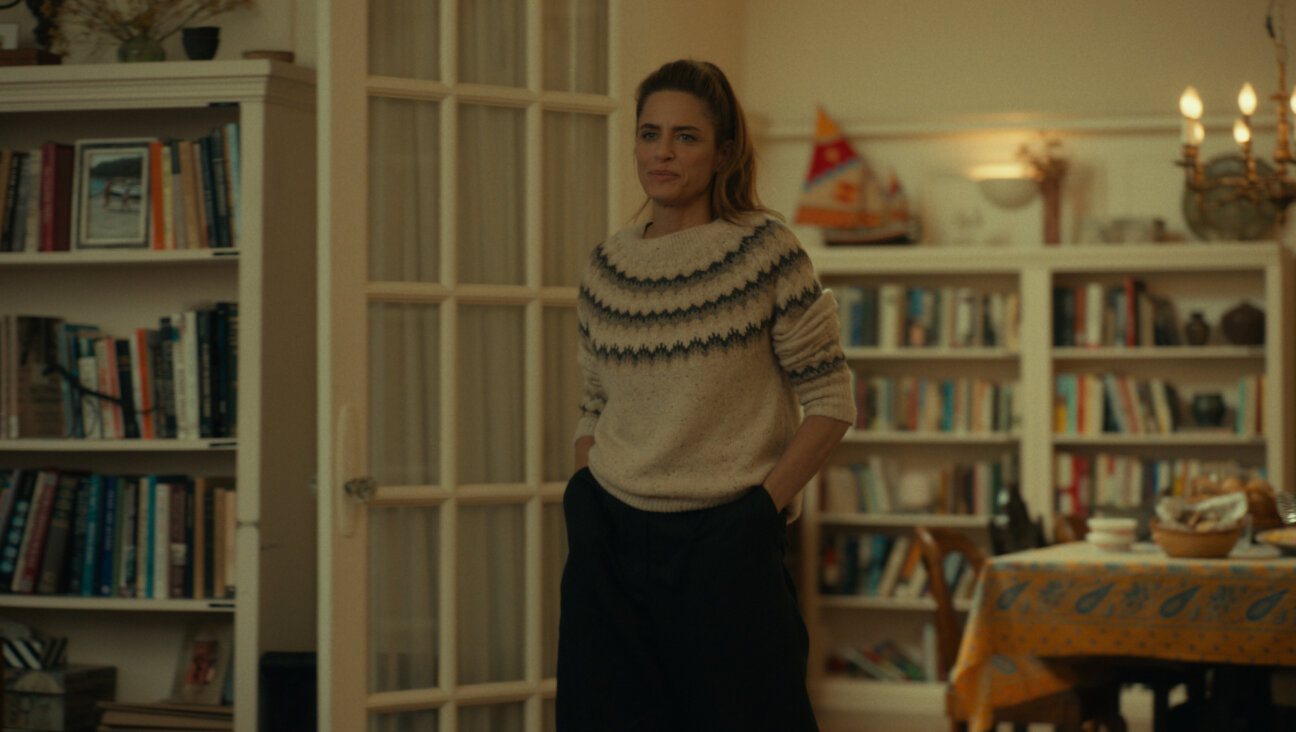Justice, Served: A Tennis Story
The backgrounds of tennis partners Althea Gibson and Angela Buxton were radically different. The daughter of share-croppers, Gibson was born in South Carolina and raised in New York City’s Harlem. British and Jewish, Buxton was the daughter of entertainment impresario Harry Buxton, who made his fortune by breaking the bank at a casino. On and off the court, however, the women forged a remarkable relationship, teaming to win the doubles title at Wimbledon in 1956 and maintaining a closeness that endured until Gibson’s death in 2003.
In “The Match: How Two Outsiders — One Black, the Other Jewish — Forged a Friendship and Made Sports History” (Amistad), author Bruce Schoenfeld examines the bonds between Gibson, one of tennis’s best-known but least-recognized champions, and Buxton, a relative unknown with a short-lived career. One tie was that, in the lily-white, country club-dominated world of tennis in the 1950s, both women encountered prejudice routinely. Gibson faced discrimination because of her skin color. According to Schoenfeld, the United States Lawn Tennis Association, which was the sport’s governing body, did “what it took to ensure that no Negro set foot” at its tournaments.
But next week, on September 7, the 46th anniversary of Gibson’s second win at the U.S. Championships, the United States Tennis Association (“Lawn” was dropped from the title in 1975) will attempt to right the wrong when it pays tribute to her life and legacy on Center Court at the U.S. Open in New York.
Far from the mainstream, Gibson honed her game on the all-black American Tennis Association circuit. In 1950, three years after Jackie Robinson broke baseball’s color line with the Brooklyn Dodgers, she got her chance after former champ Alice Marble shamed the USLTA into allowing Gibson to compete. By the end of the decade, Gibson had swept tennis’s most prestigious titles — the United States and Wimbledon singles championships — in both 1957 and 1958.
Buxton faced discrimination when, as a promising teen, she applied to join the Cumberland Club, the top tennis facility in North London. According to Schoenfeld, coach Bill Blake rejected Buxton, saying: “You’re perfectly good, but you’re Jewish. We don’t take Jews here.”
In 1953, when she traveled to California to train, Buxton again met bigotry, this time when she asked for temporary membership at the ultra-exclusive Los Angeles Tennis Club. Because of her Jewishness, Schoenfeld writes, “she was informed ever so tactfully that she would not be allowed to play matches at the club.”
After winning the singles tourney at Israel’s Maccabiah Games, Buxton continued to improve, in part because she finally located a permanent practice court: at the private indoor court of Simon Marks, the Jewish department store magnate of Marks & Spencer fame. His hospitality was a rare instance when Buxton’s Judaism worked to her advantage.
In 1956, Buxton and Gibson teamed up in doubles. Buxton’s timing was fortuitous: The athletic Gibson was emerging as the top player in the world. They won the French Championships — Gibson also took the singles crown — then reached the finals on the grass courts of Wimbledon. There, they defeated Australians Fay Muller and Daphne Seeney in straight sets; afterward, writes Schoenfeld, “the Wimbledon Ladies’ Doubles Champions, a black from Harlem and a Jew from North London, embraced.”
Buxton played little after 1956, as a wrist injury shortened her career. She married attorney Donald Silk, later the president of Great Britain’s Zionist Federation, and had three children. She also designed clothes and enjoyed a journalism career. After her marriage ended, she and longtime coach-companion Jimmy Jones started a tennis academy. Currently she splits time between England and Florida.
Eventually Gibson would abandon tennis because, as an amateur, she couldn’t make a living. She turned to professional golf and became the first African-American on the Ladies Professional Golf Association tour. But Gibson never earned much money playing golf; by the mid-1990s, she was all but forgotten and living in poverty in New Jersey.
Schoenfeld notes that it was Buxton who came to the rescue. She mobilized the sports community to raise money and help Gibson live comfortably in her final years — the final, generous act in a friendship based on transcending race and religion.
David Davis is the curator of “Play by Play: A Century of L.A. Sports Photography, 1889-1989,” to open at the Los Angeles Public Library on October 16.
















